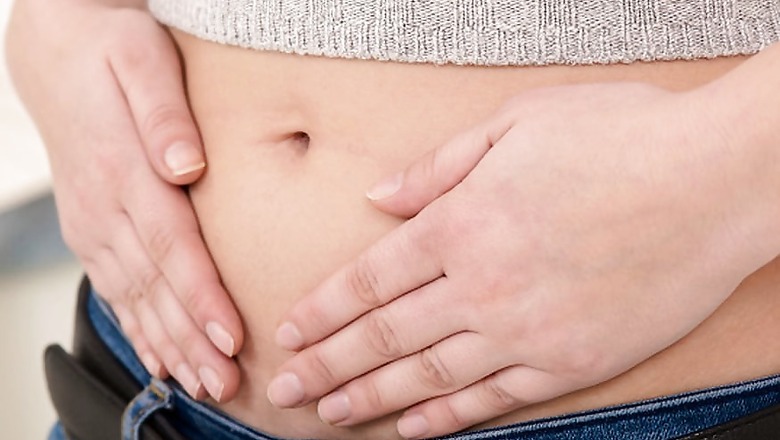
views
Women, take note — A treadmill exercise regime can reduce period pain and improve long-term quality of life, says a study.
According to the study published in the journal Contemporary Clinical Trials, the researchers conducted a trial over a seven-month period to see how treadmill exercise benefited women suffering from primary dysmenorrhea, commonly known as menstruation pain.
"Women who have painful periods often take steps to actively avoid exercise — after all when you are in pain it is often the last thing that you want to partake in," said Leica Claydon-Mueller, Professor at Anglia Ruskin University.
For the study, women aged between 18-43 were asked to take part in a supervised aerobic training regime three times a week for four weeks, beginning the day after the end of their menstrual period, followed by an unsupervised home exercise for six months.
Their results were compared with a control group, who carried out their usual regimes.
The study found that the women who took part in the supervised exercise reported 6 per cent less pain after four weeks and 22 per cent less pain while continuing the exercise for an additional six months.
Significant benefits of exercise were reported after the seven-month reporting period for other study measures, including a higher quality of life and improved daily functioning.
However, the participants did not report any increase in sleep quality following the trial.
According to the researchers, the study examined the effect of treadmill exercise on measures such as pain intensity, sleep quality and overall quality of life.
This trial demonstrated that exercise significantly reduced pain for those people taking part in the program and they also reported reduced pain levels after four and seven months.
"The improvements in quality of life scores after seven months were noteworthy, although it was perhaps surprising that there was no significant difference in sleep quality to that of the control group," said Indian origin researcher Priya Kannan from Hong Kong Polytechnic University.

















Comments
0 comment